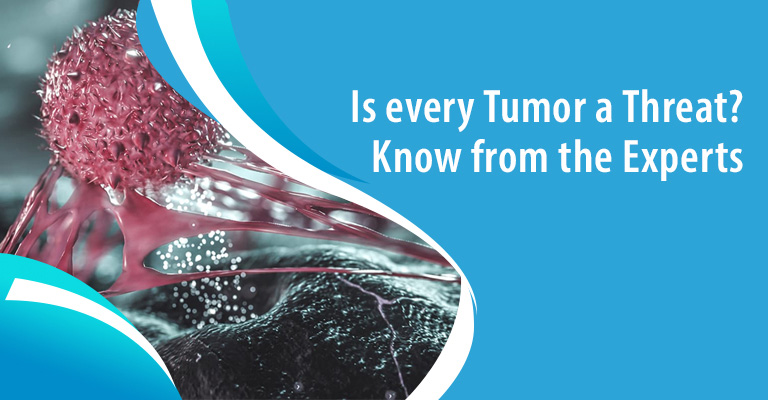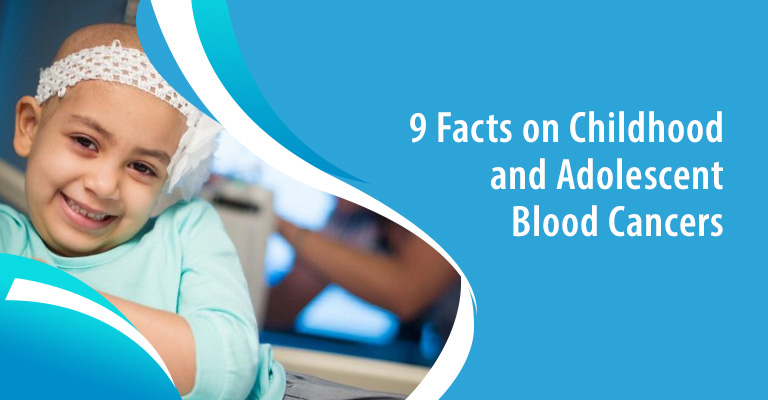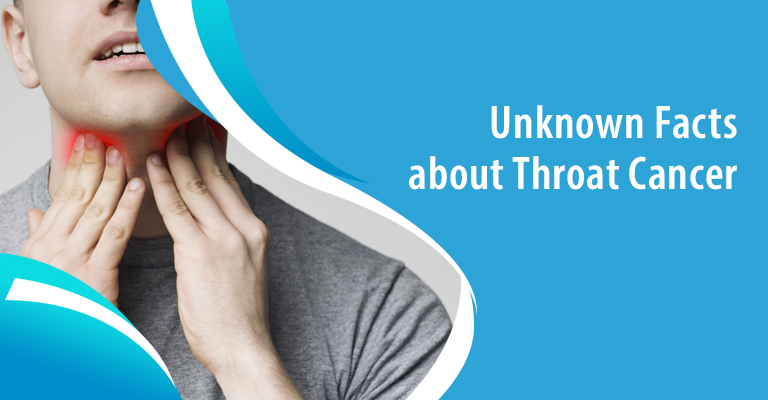In many circumstances, a group of doctors collaborates to develop a patient’s overall treatment plan, which may include a variety of treatments. A multidisciplinary team is what this is referred to as. A surgeon, medical oncologist, radiation oncologist, radiologist, nuclear medicine physician, and endocrinologist may be part of the thyroid cancer treatment team. Physician assistants, nurse practitioners, oncology nurses, social workers, pharmacists, counselors, nutritionists, speech therapists, and other health care professionals are all part of cancer care teams.
Thyroid cancer is usually treated with one or more therapies. The most prevalent types of thyroid cancer therapies are mentioned below, followed by a breakdown of cancer treatments by stage of disease.
Surgery: Thyroid cancer is almost always treated with surgery to remove the thyroid. The type of thyroid cancer, the size of the tumor, whether the cancer has progressed beyond the thyroid, and the results of an ultrasound inspection of the entire thyroid gland will all influence the operation your doctor recommends.
During surgery, the tumor and some surrounding healthy tissue, known as a margin, are removed. A resection is another term for surgery. The majority of persons with thyroid cancer receive it as their primary treatment. A surgical oncologist is a physician who specializes in the surgical treatment of cancer. Surgical treatment for thyroid nodules vary depending on their size. Thyroidectomy, lobectomy and near-total thyroidectomy are some of the surgical procedures used.
Hormone Therapy: You will have to take the thyroid hormone drugs for the rest of your life if you have a thyroidectomy. This drug has two advantages it replaces the hormone that your thyroid would usually generate and it prevents your pituitary gland from producing thyroid-stimulating hormone (TSH). High TSH levels could potentially promote the growth of any residual cancer cells.
Radioactive Iodine: Large doses of a radioactive type of iodine are used in radioactive iodine treatment. After a thyroidectomy, radioactive iodine treatment is commonly used to eliminate any remaining healthy thyroid tissue as well as microscopic patches of thyroid cancer that were not removed during surgery. Thyroid cancer that recurs after therapy or spreads to other parts of the body can also be treated with radioactive iodine.
Radiation Therapy: External radiation therapy is delivered by a machine that directs high-energy beams, such as X-rays and protons, at specific areas on your body (external beam radiation therapy). You lie still on a table while a machine travels around you during therapy.
Chemotherapy: Chemotherapy is rarely used to treat thyroid cancer, but it is occasionally indicated for persons with anaplastic thyroid cancer. Chemotherapy and radiation therapy can be used together.
Targeted Therapy: Targeted medication treatments are designed to target specific abnormalities found in cancer cells. Targeted medication treatments can kill cancer cells by inhibiting these aberrations. Thyroid cancer drug therapy that targets the signals that tell cancer cells to grow and divide is called targeted therapy. It’s most commonly used to treat advanced thyroid cancer.
Palliative Care: Palliative care can be used in conjunction with other aggressive treatments such surgery, chemotherapy, or radiation. It’s becoming more common to offer it early in the course of cancer treatment.









